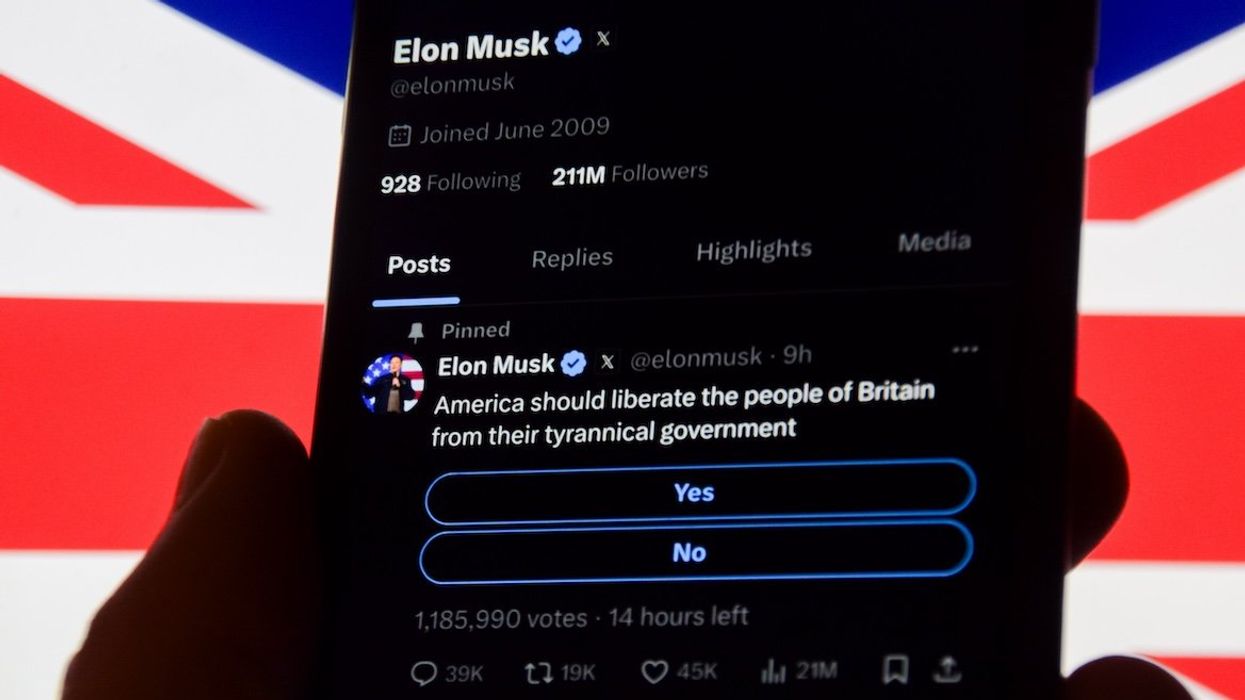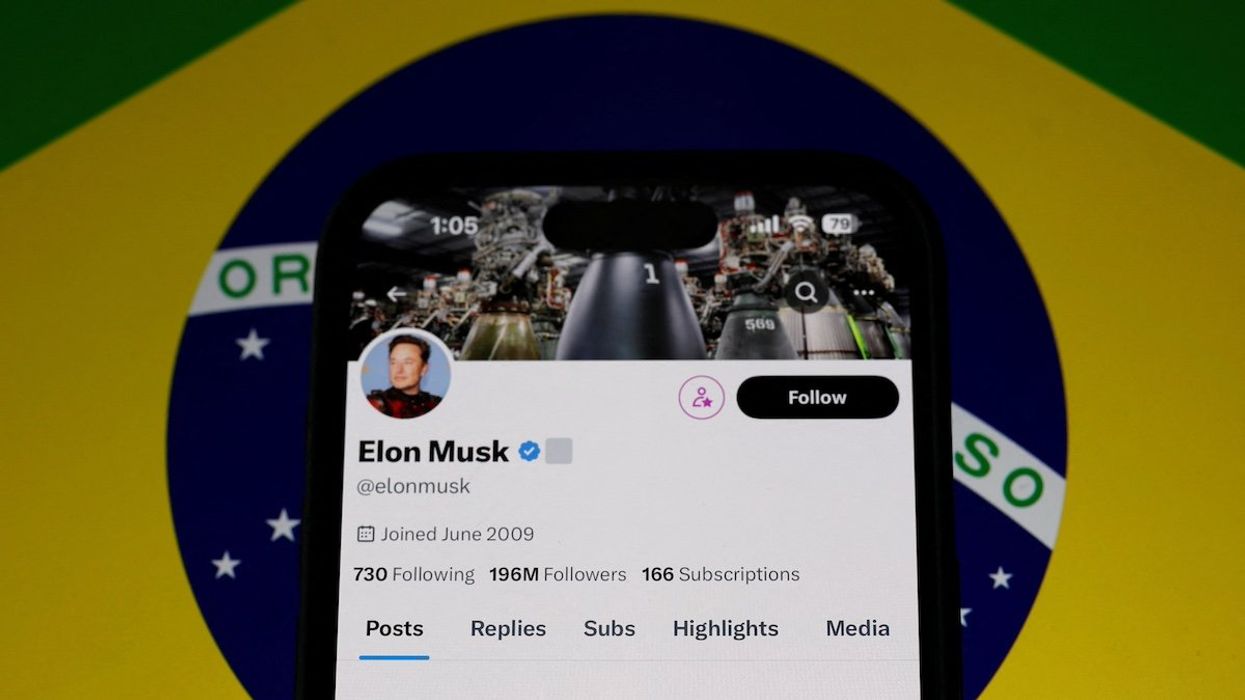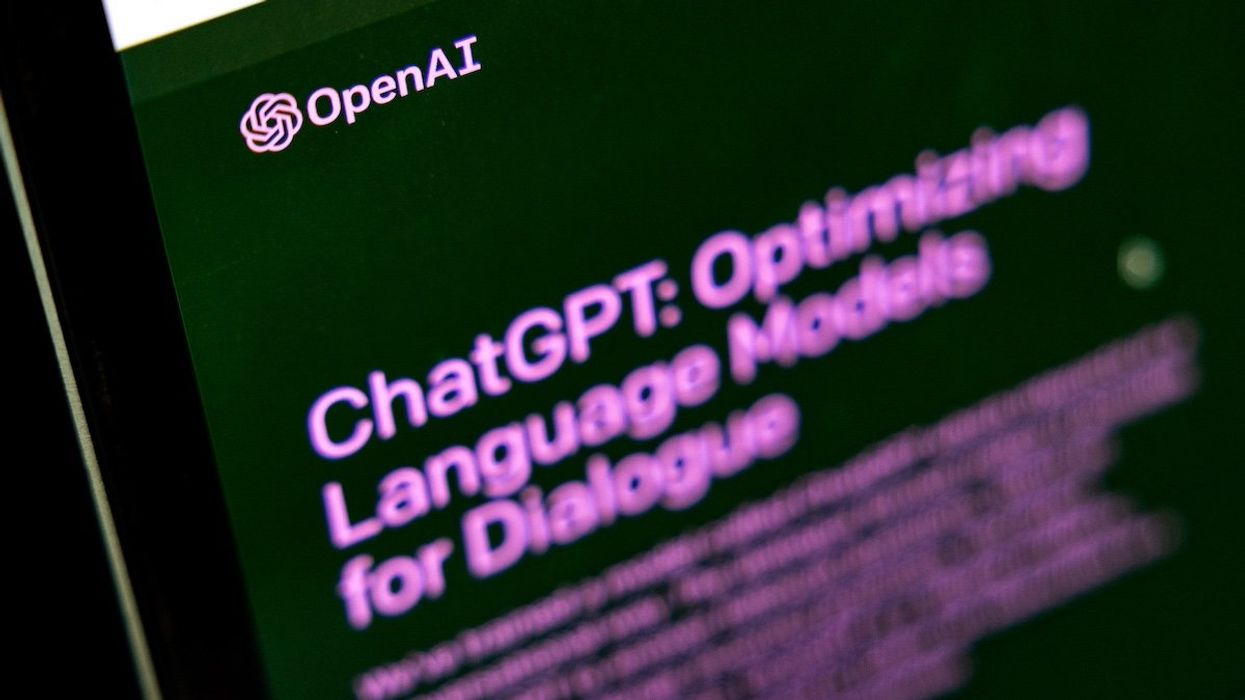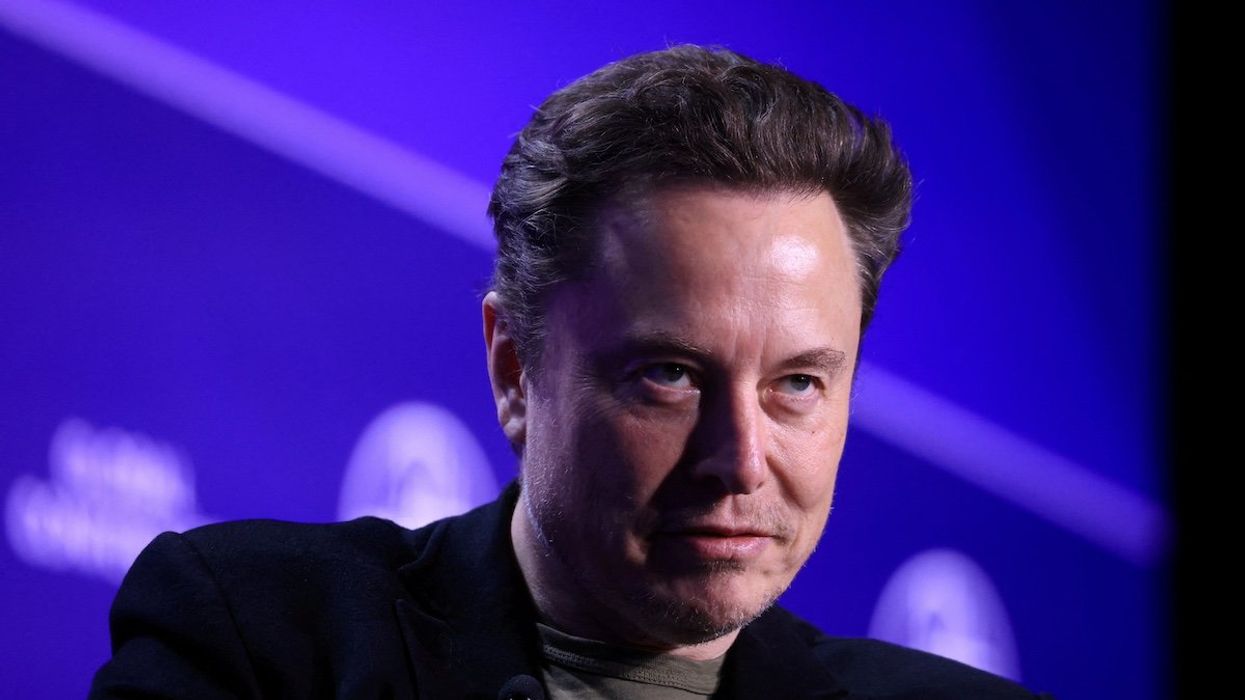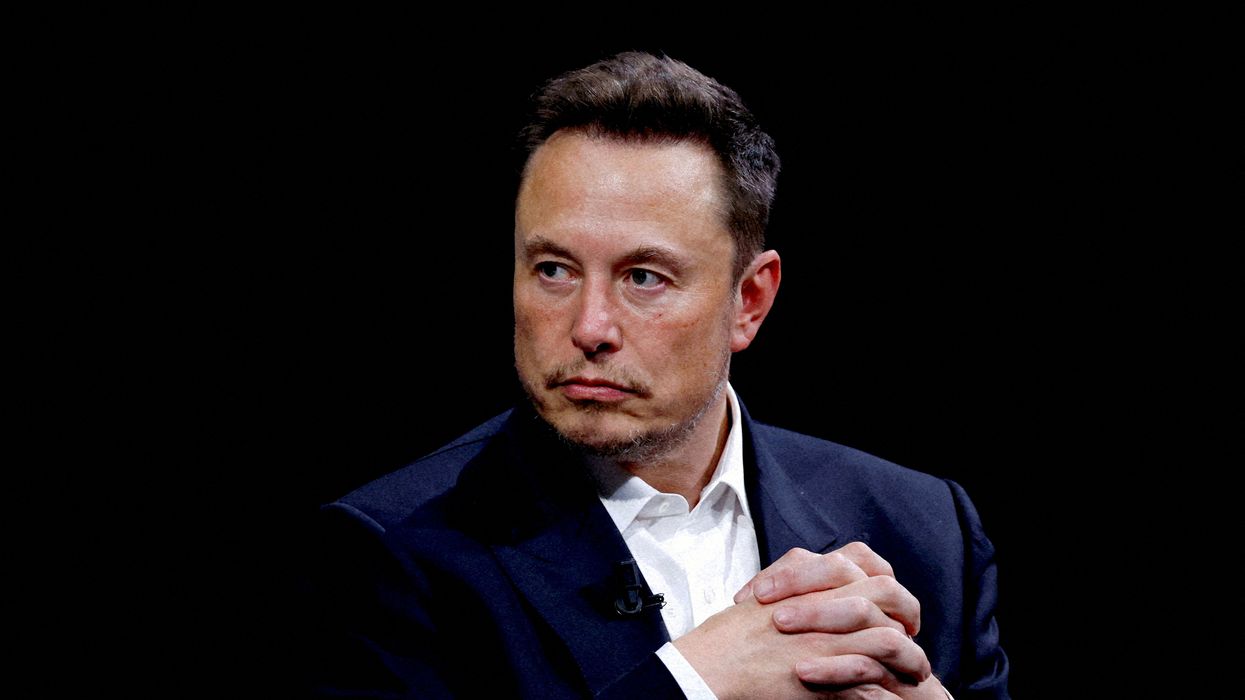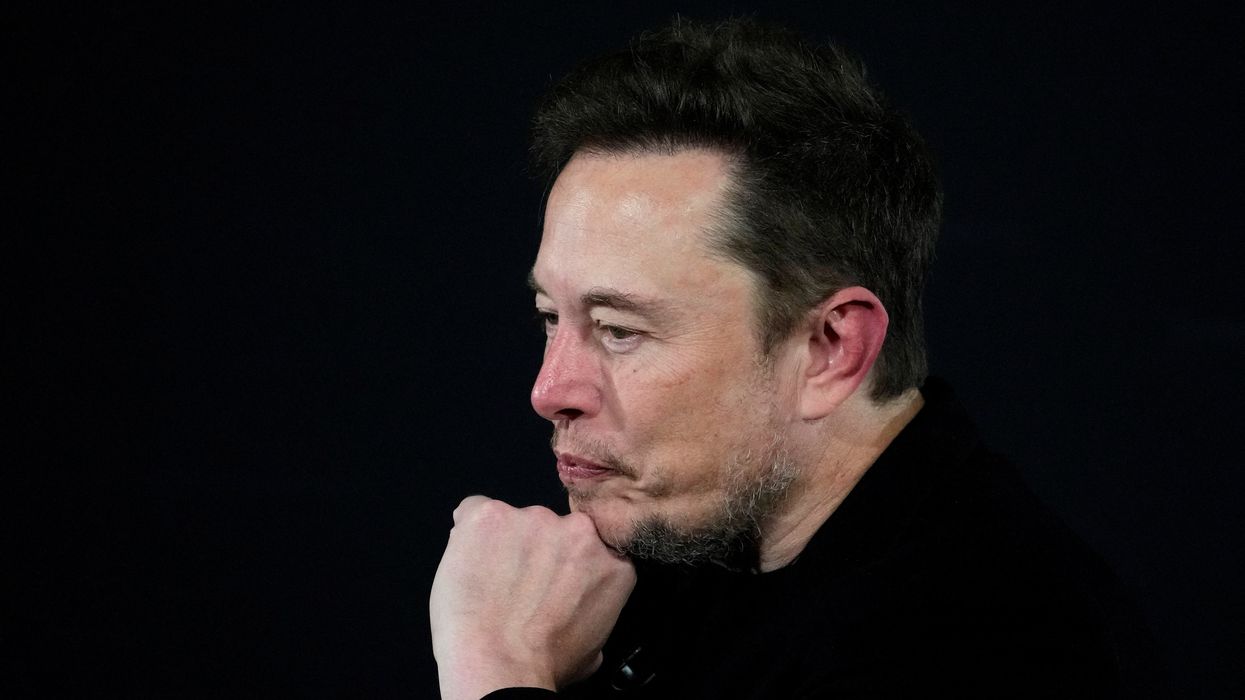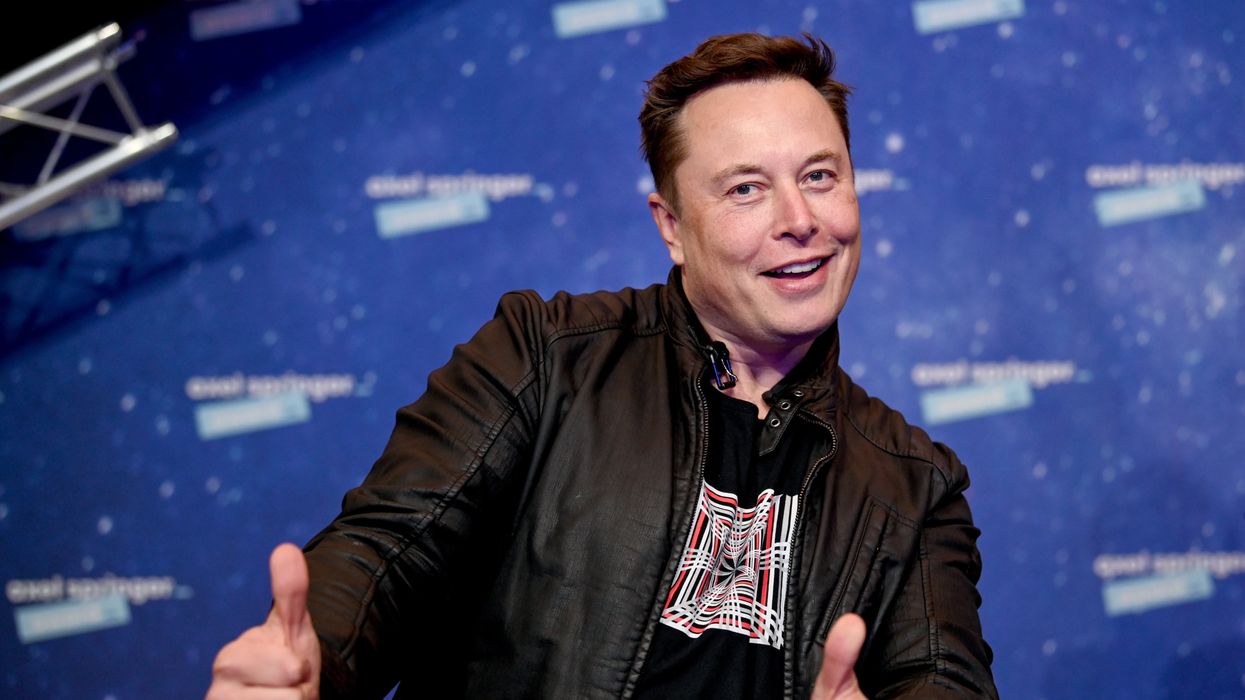What We're Watching
European leaders call out Elon Musk
Musk has written a number of recent social media posts to show his support of far-right populists in Europe and to attack politicians on the left. Now, European leaders believe, is the time to brush him back.
Jan 07, 2025
